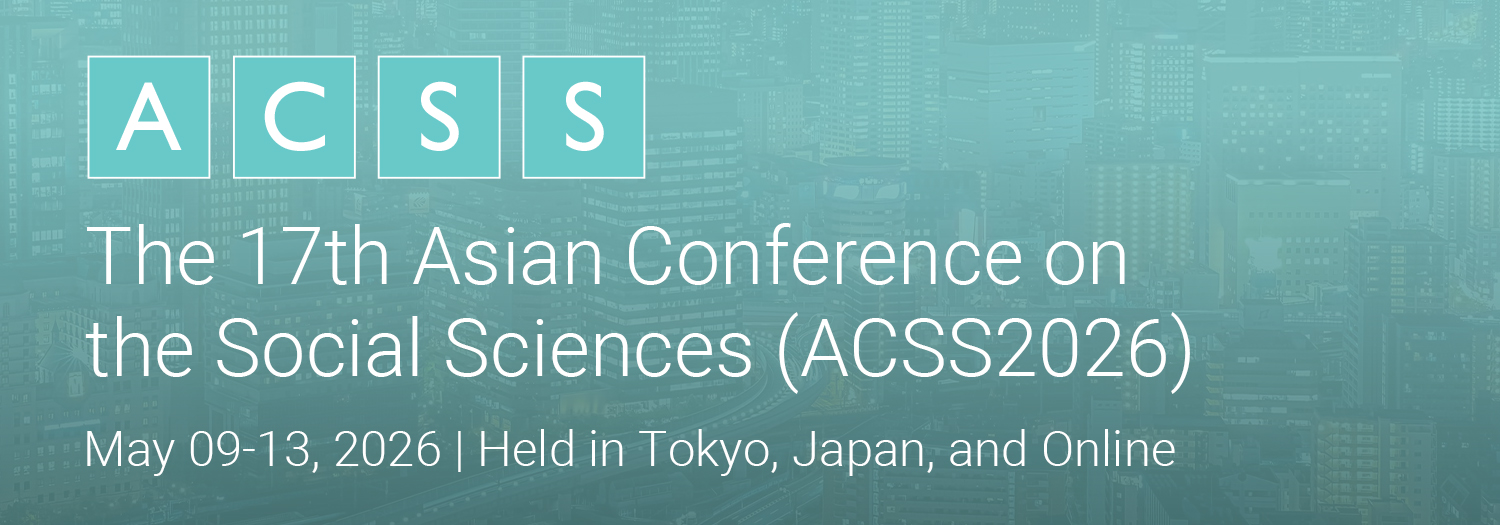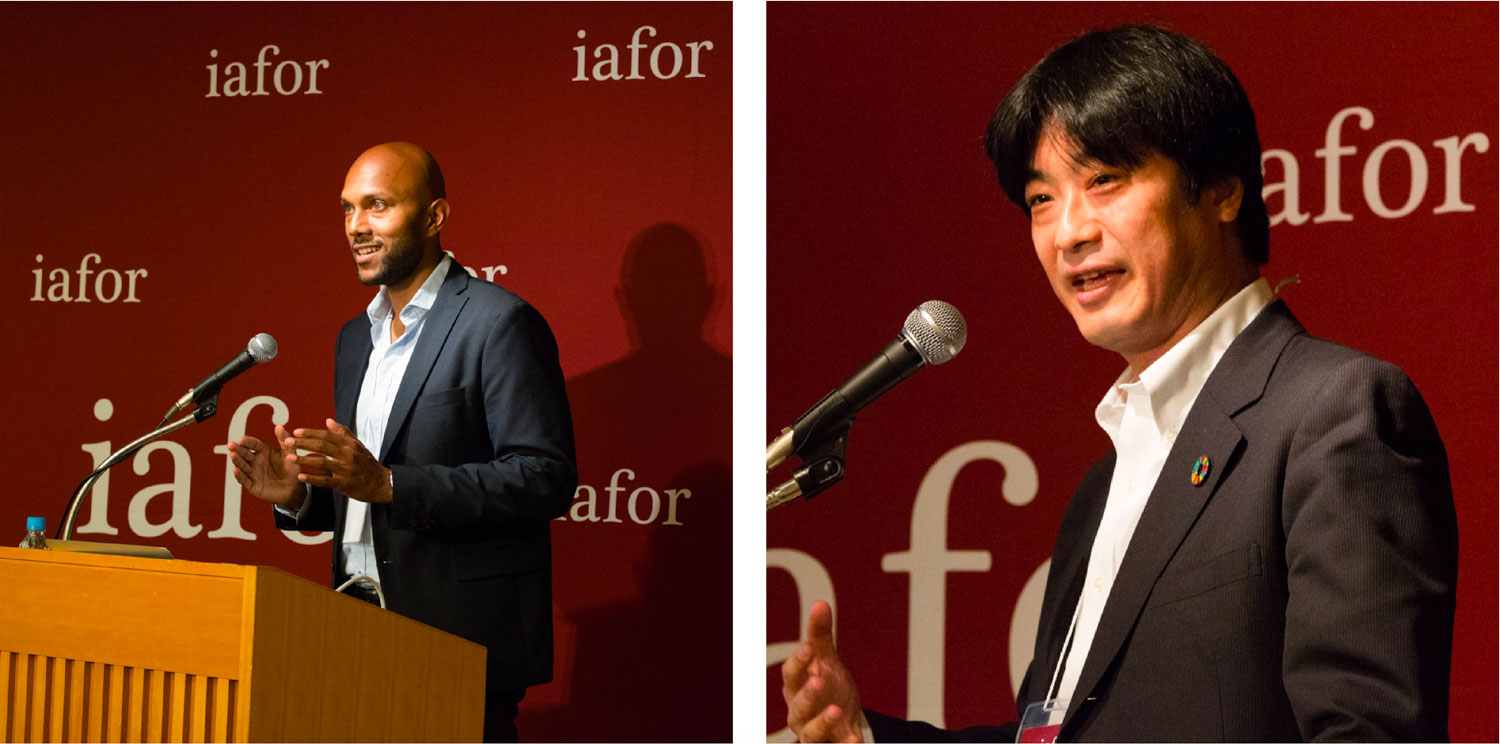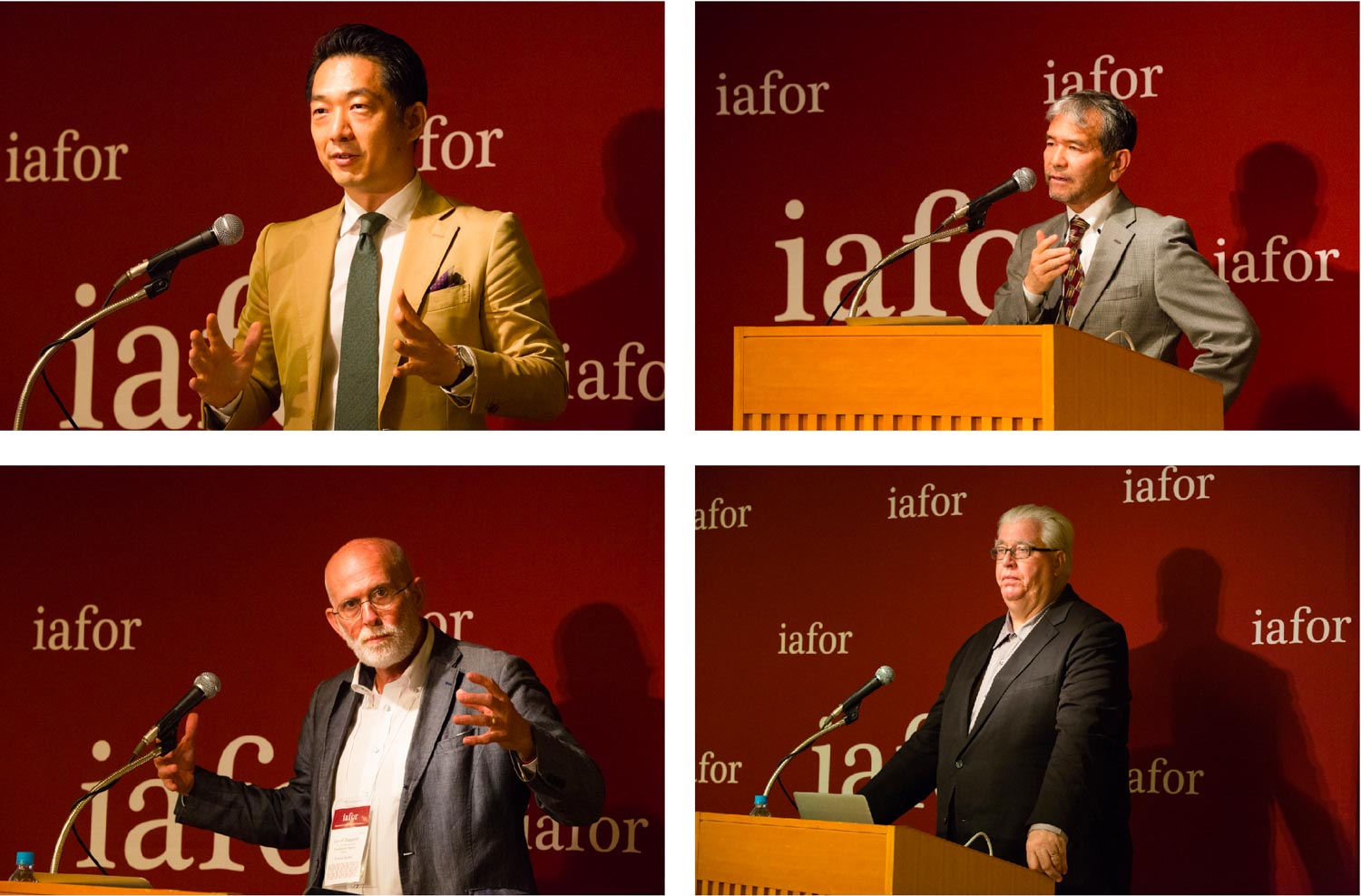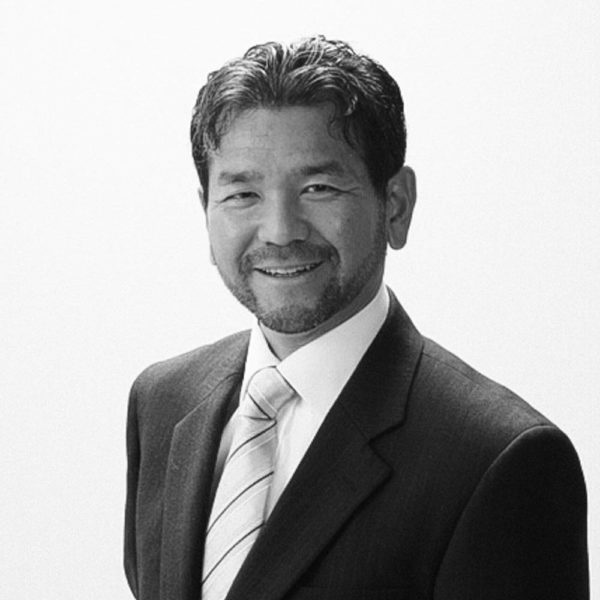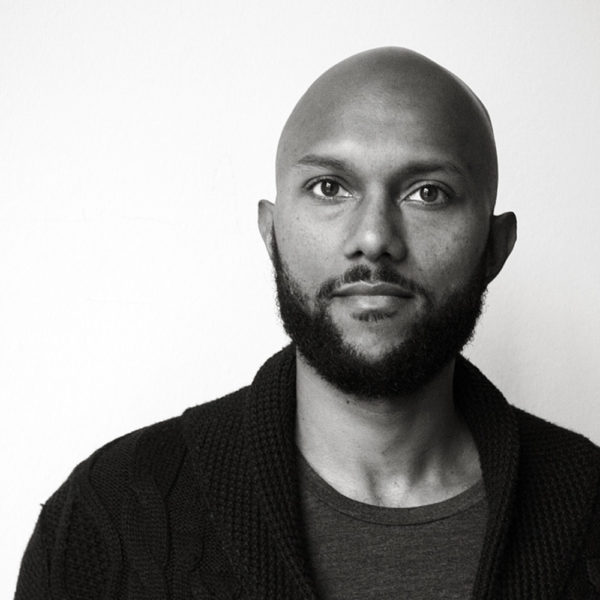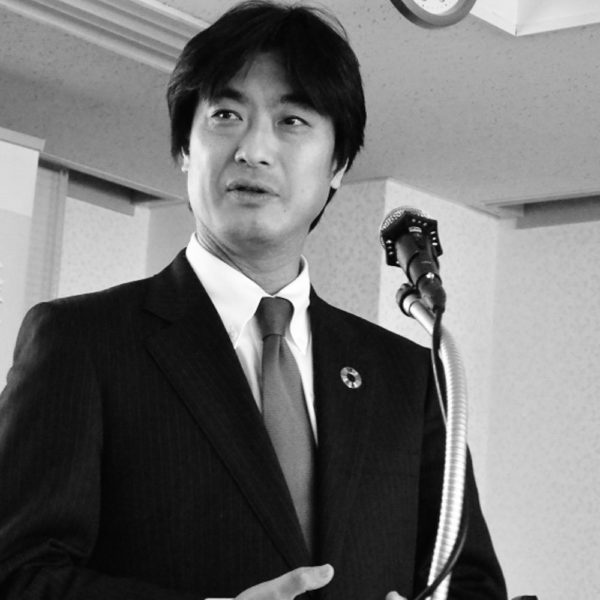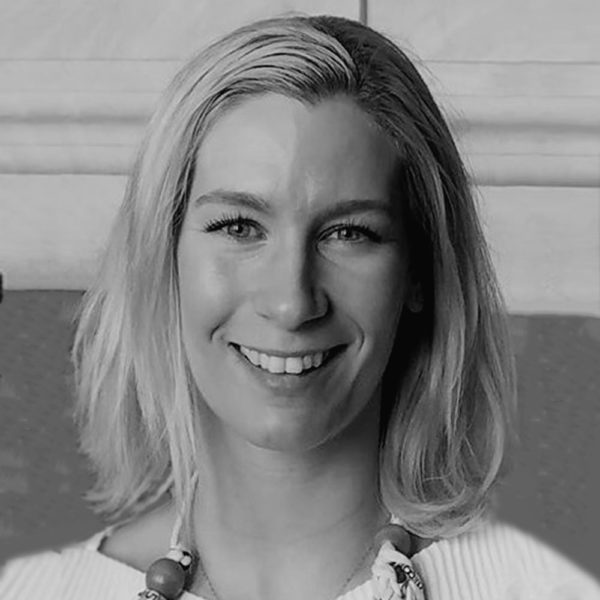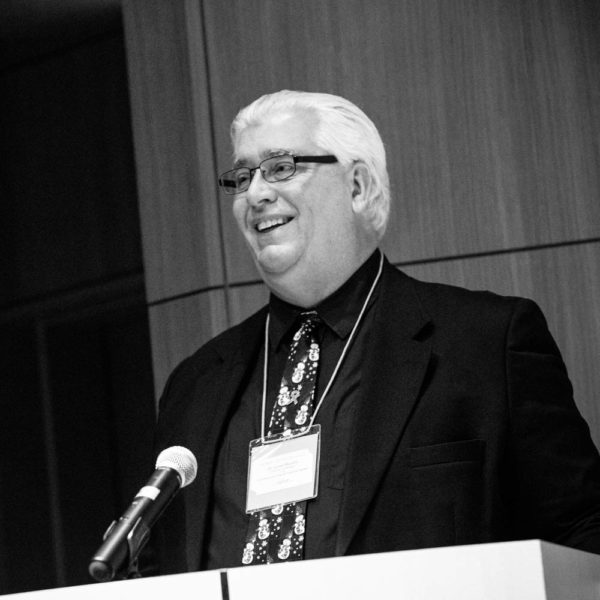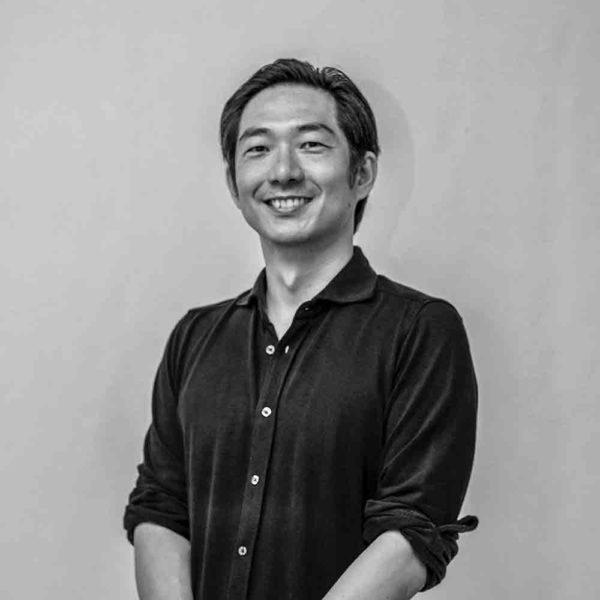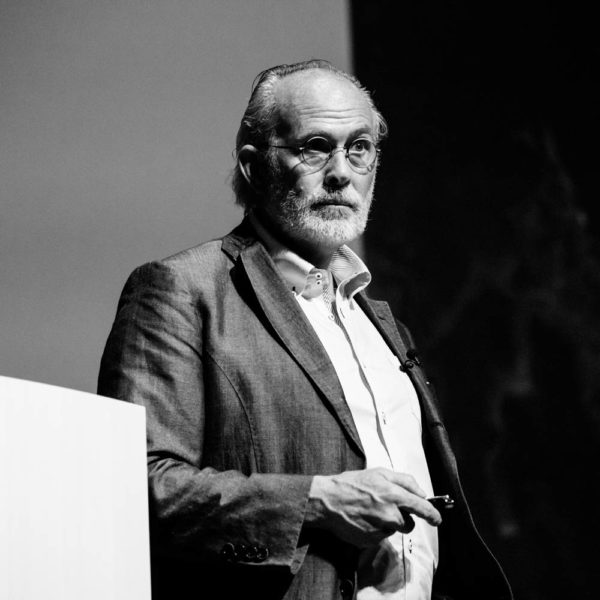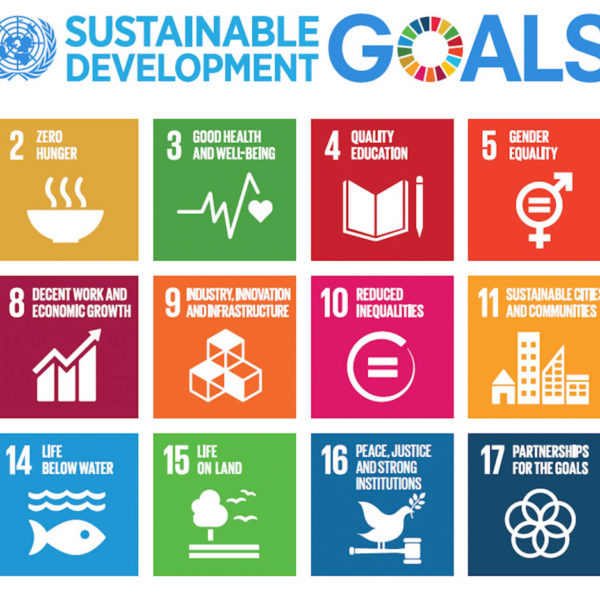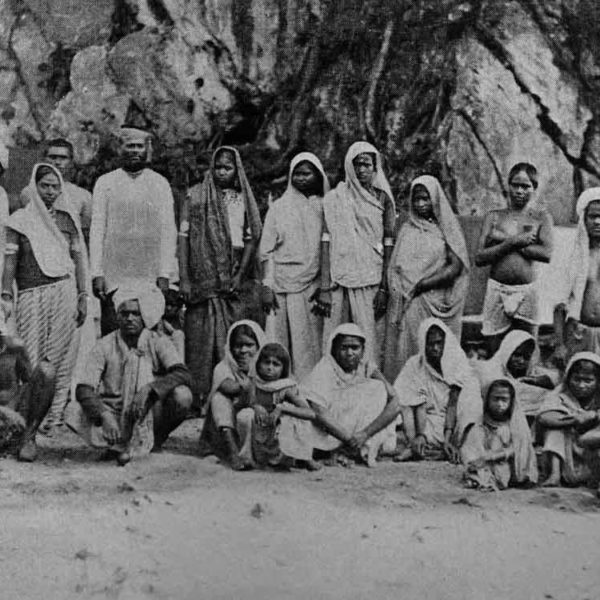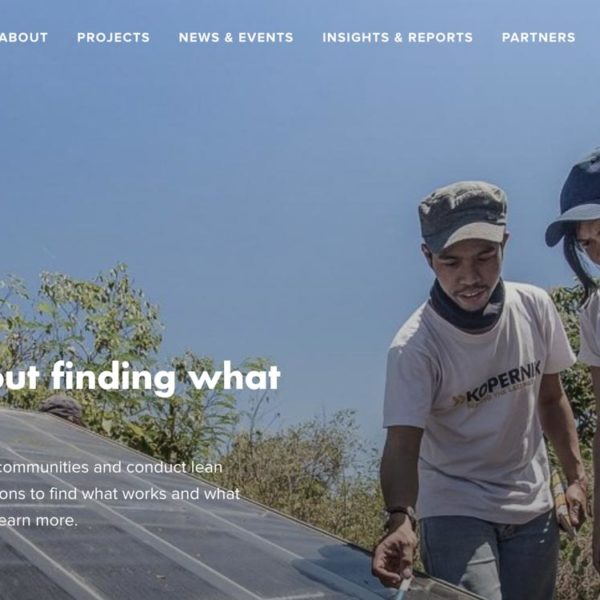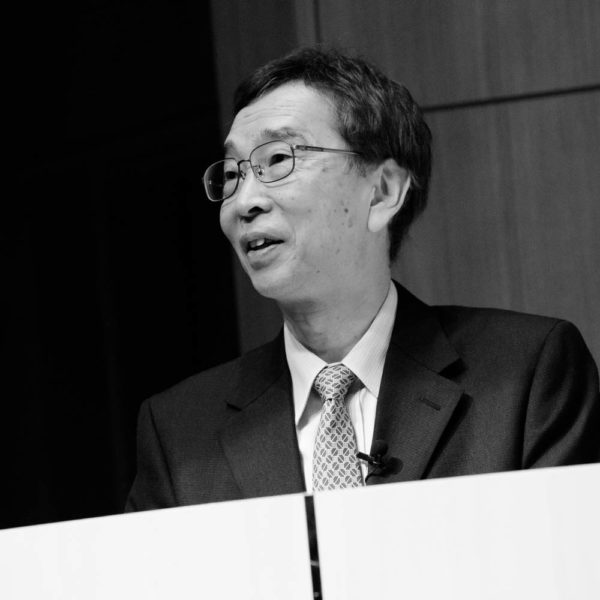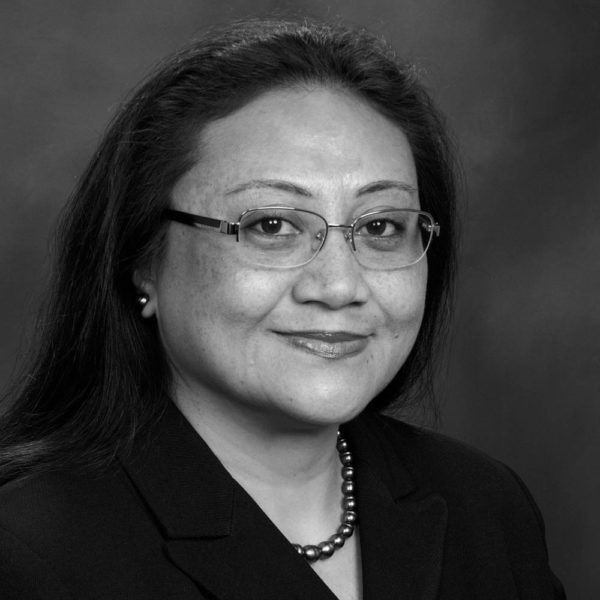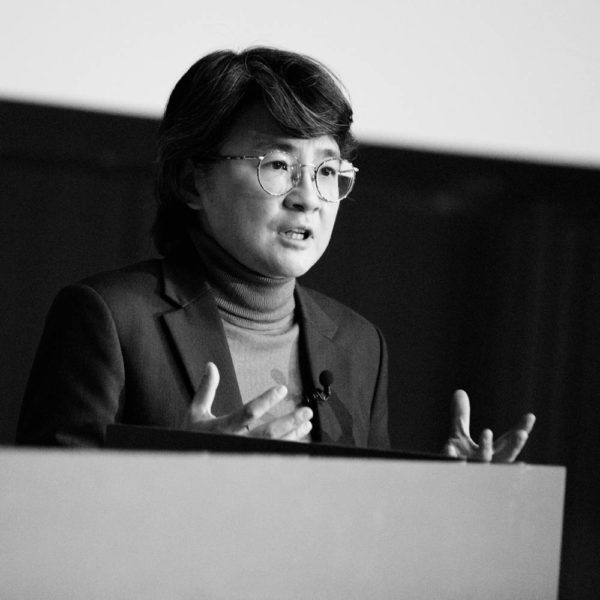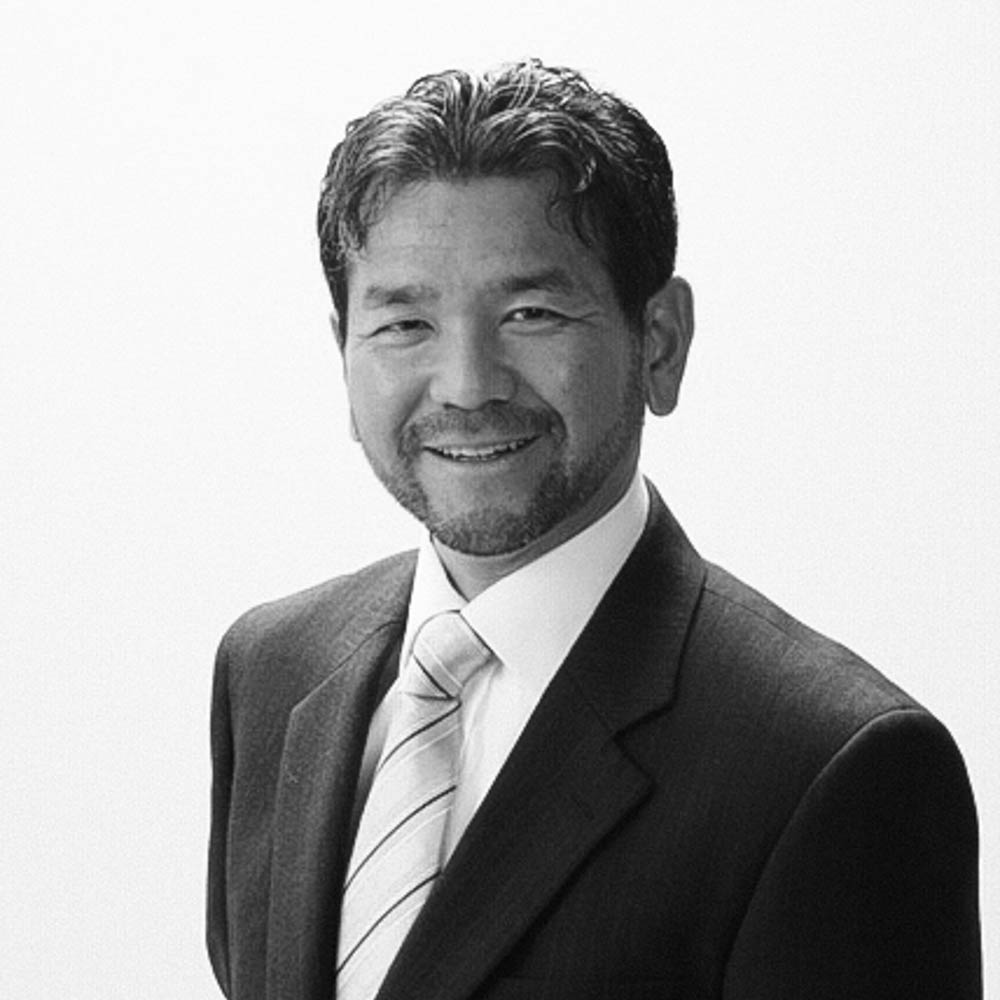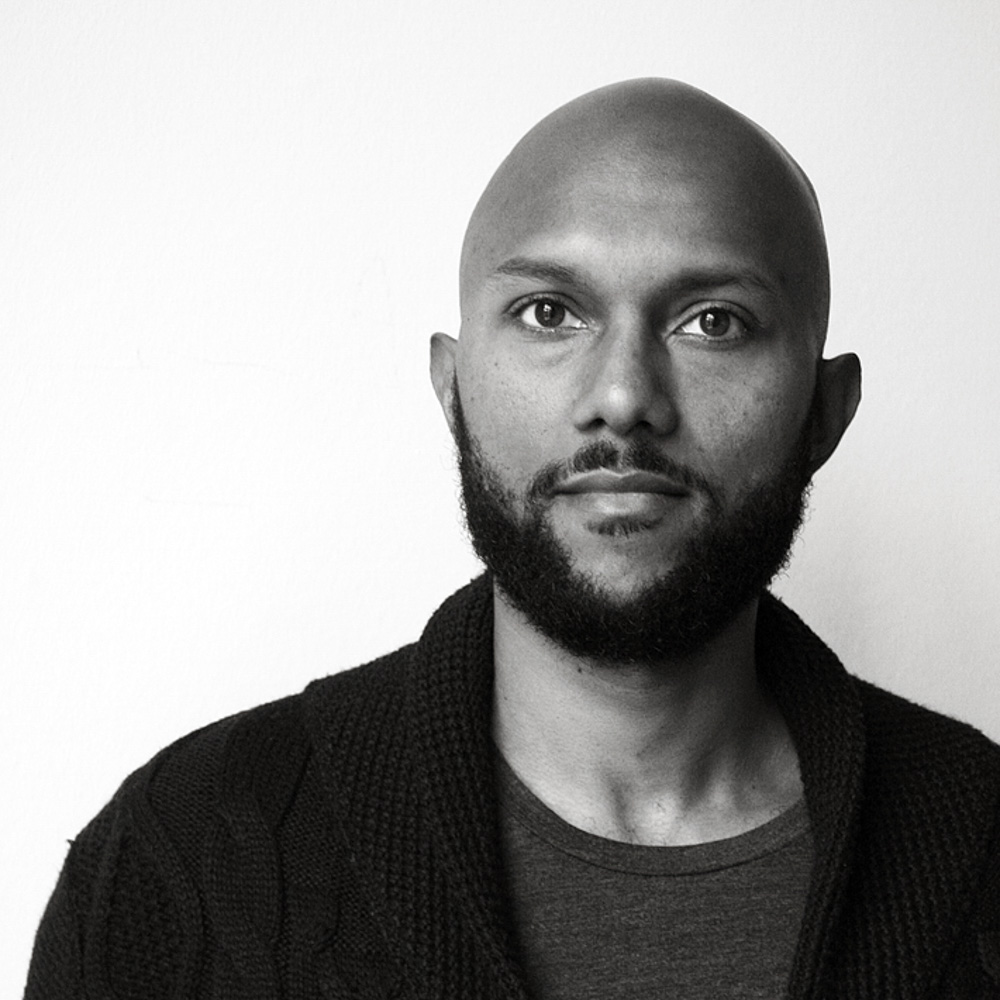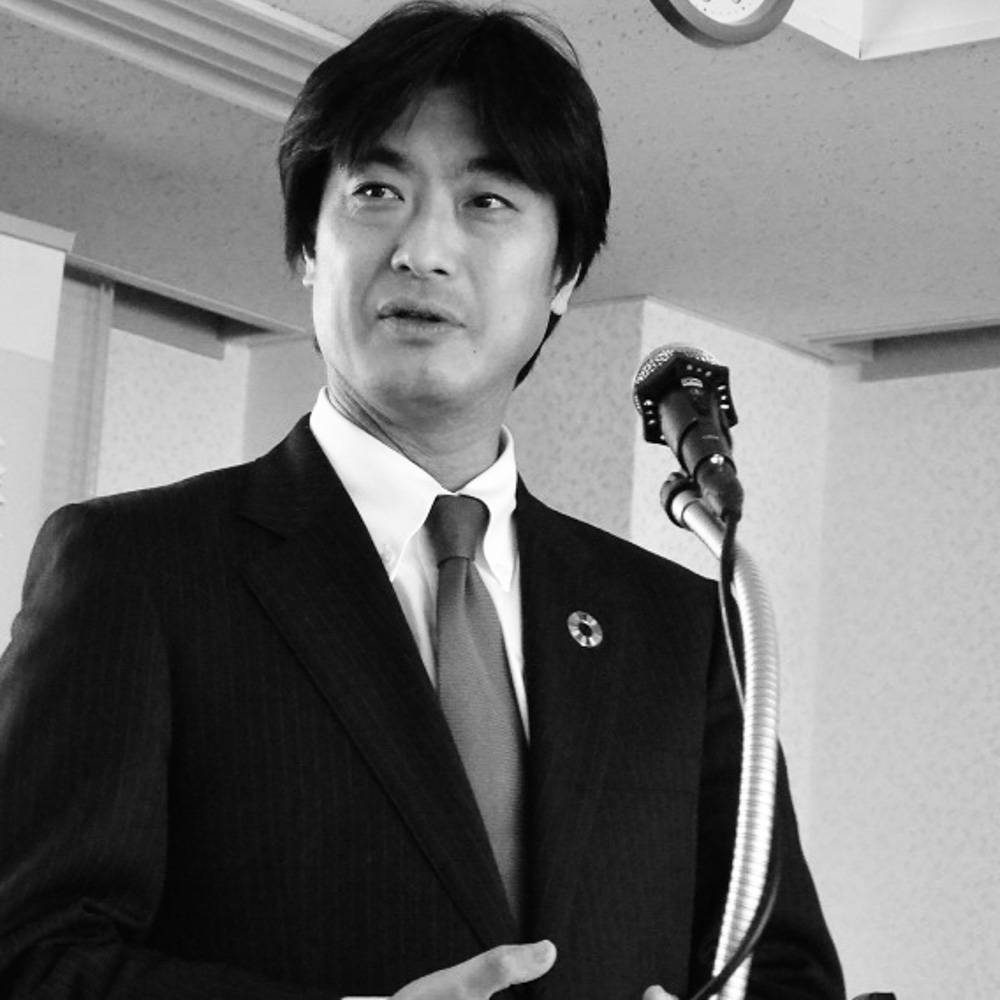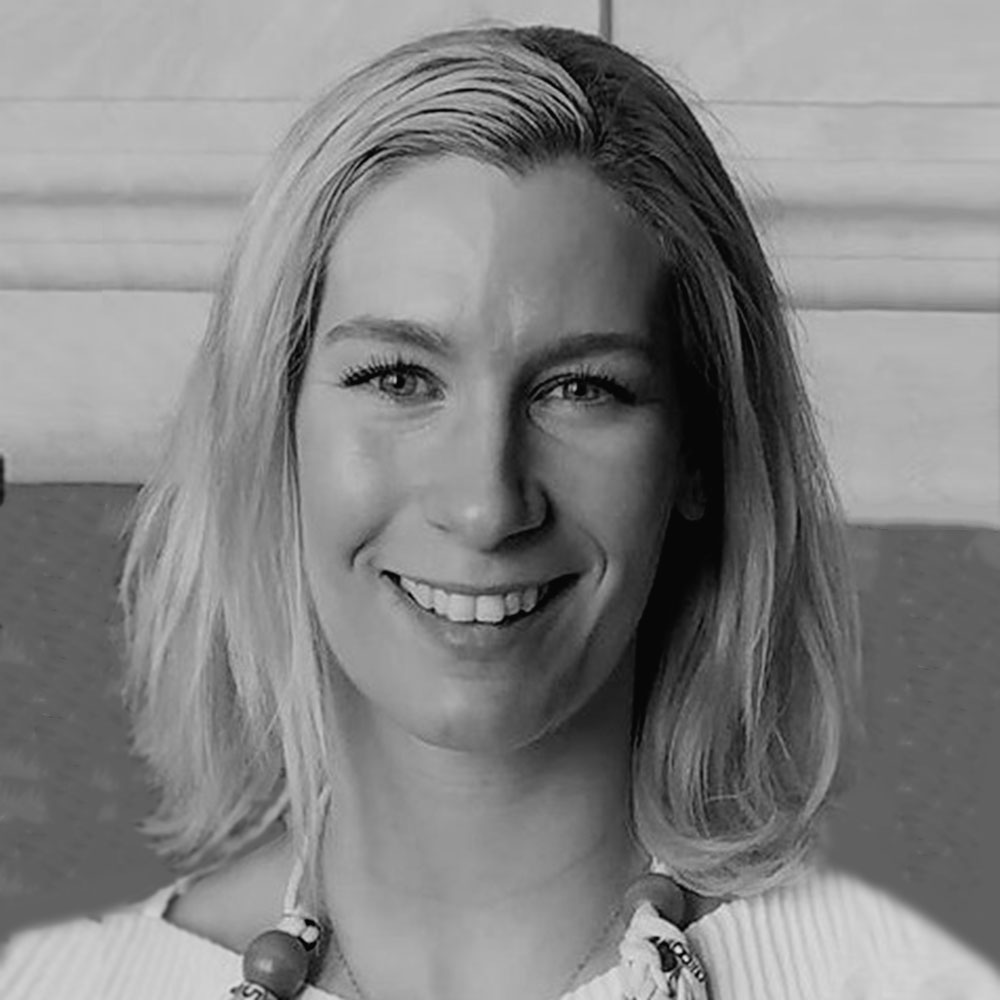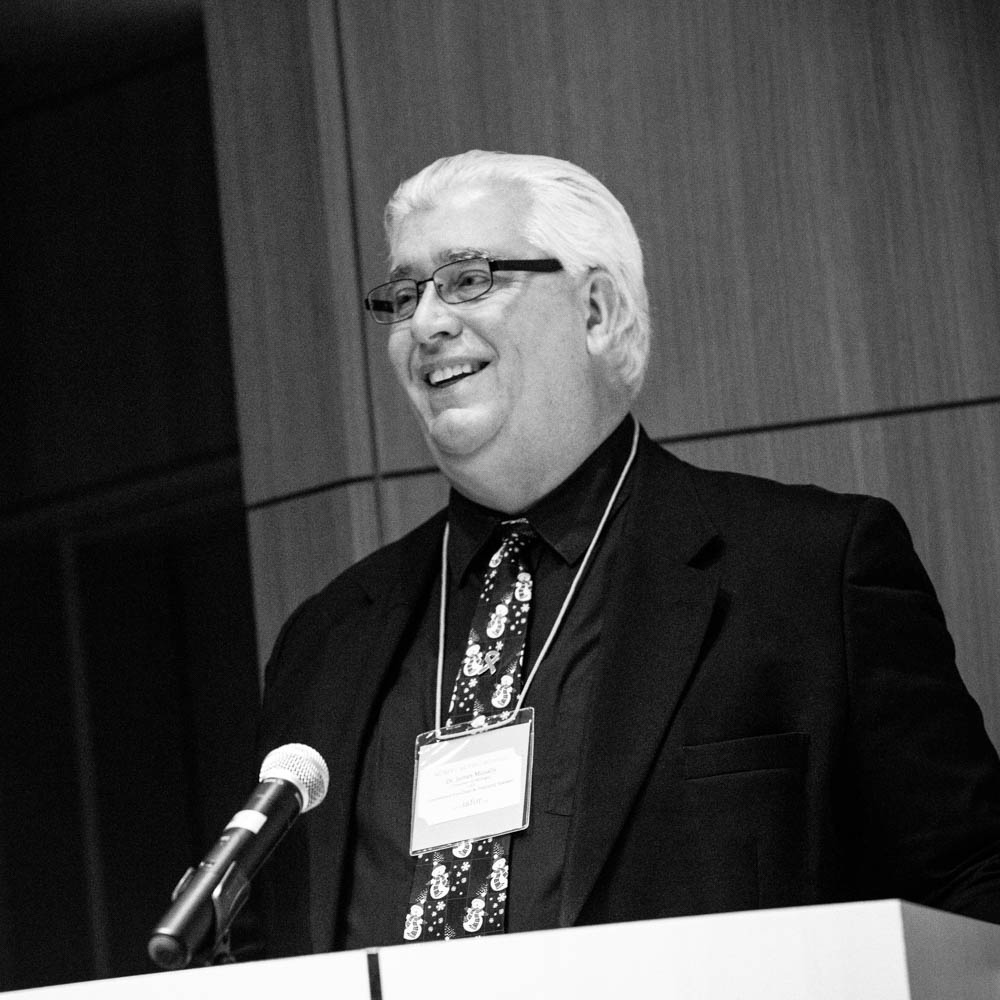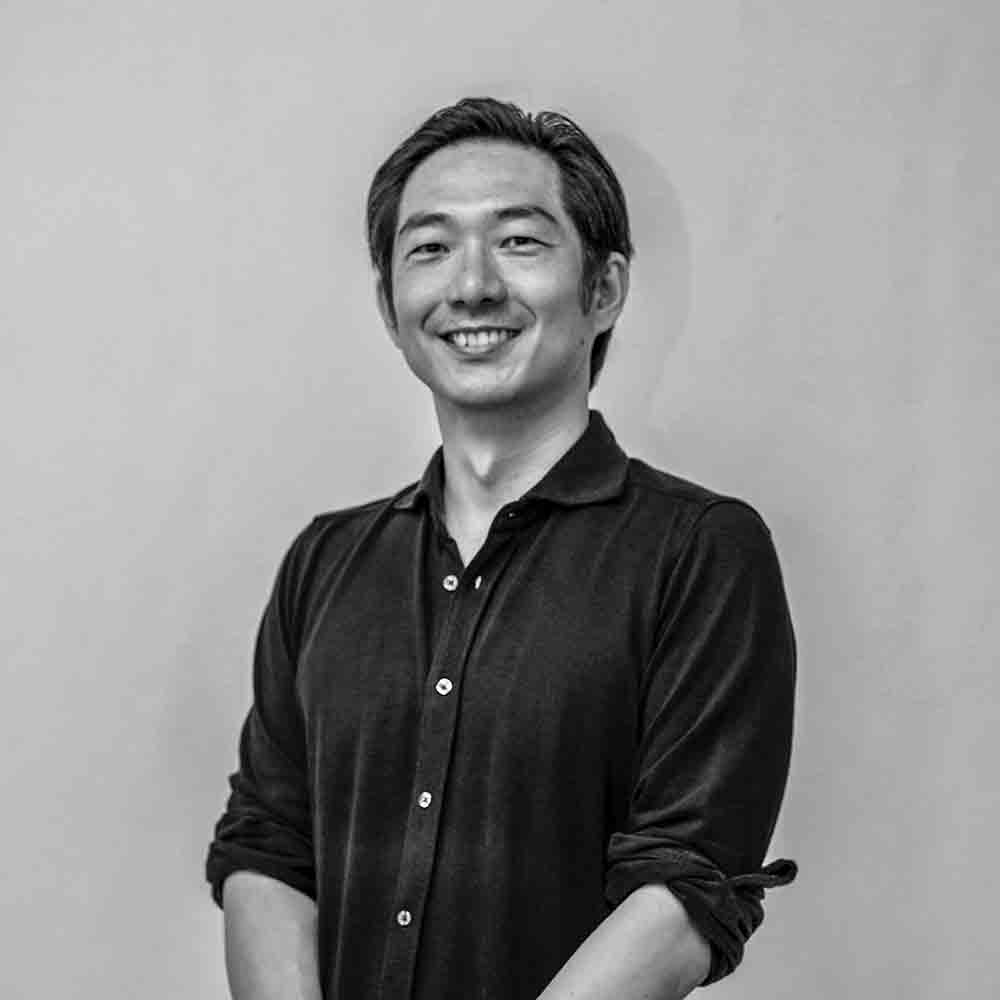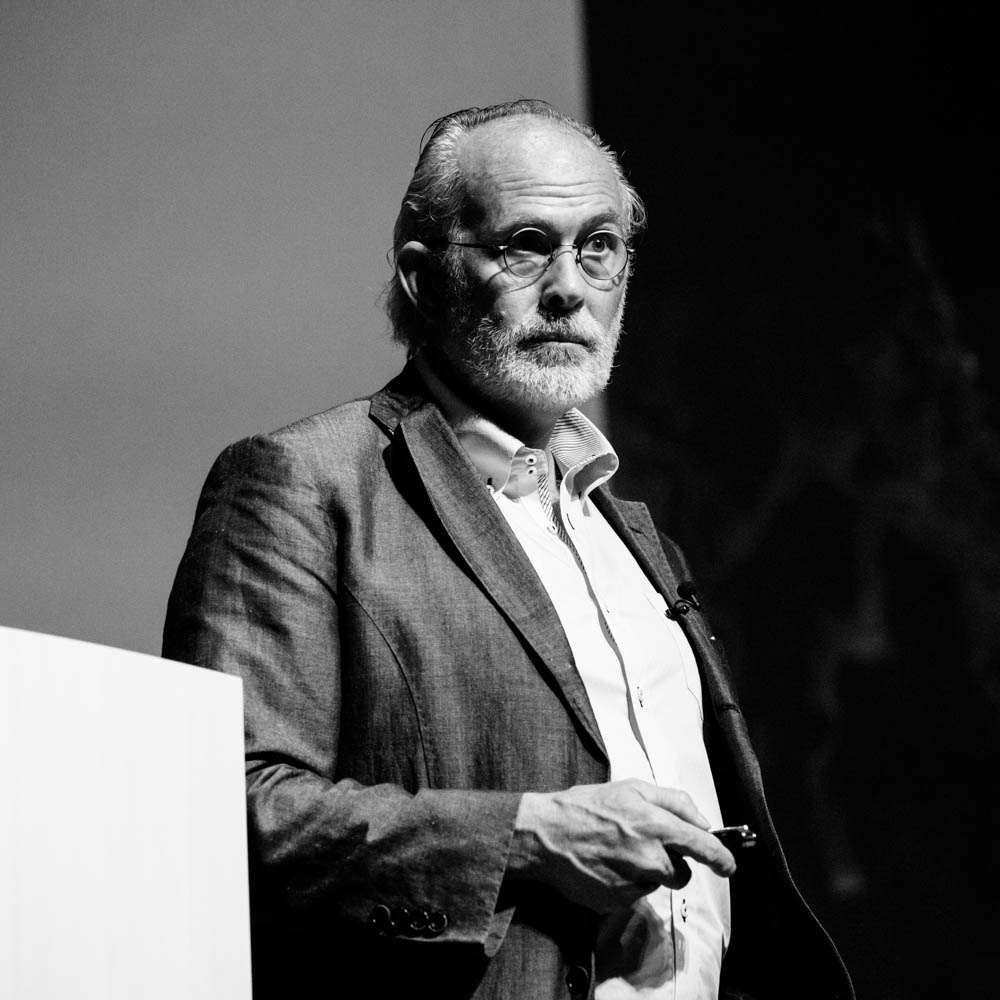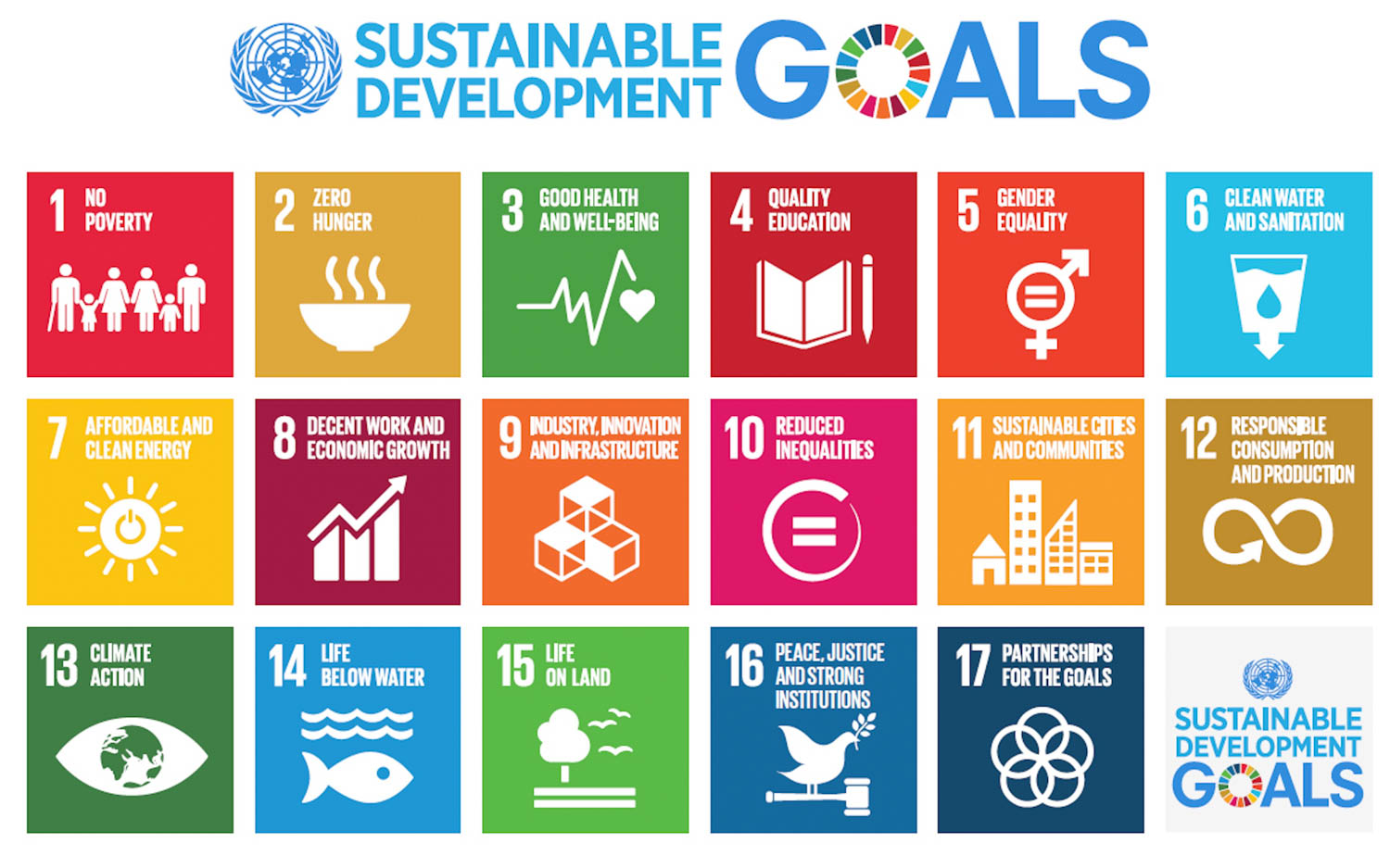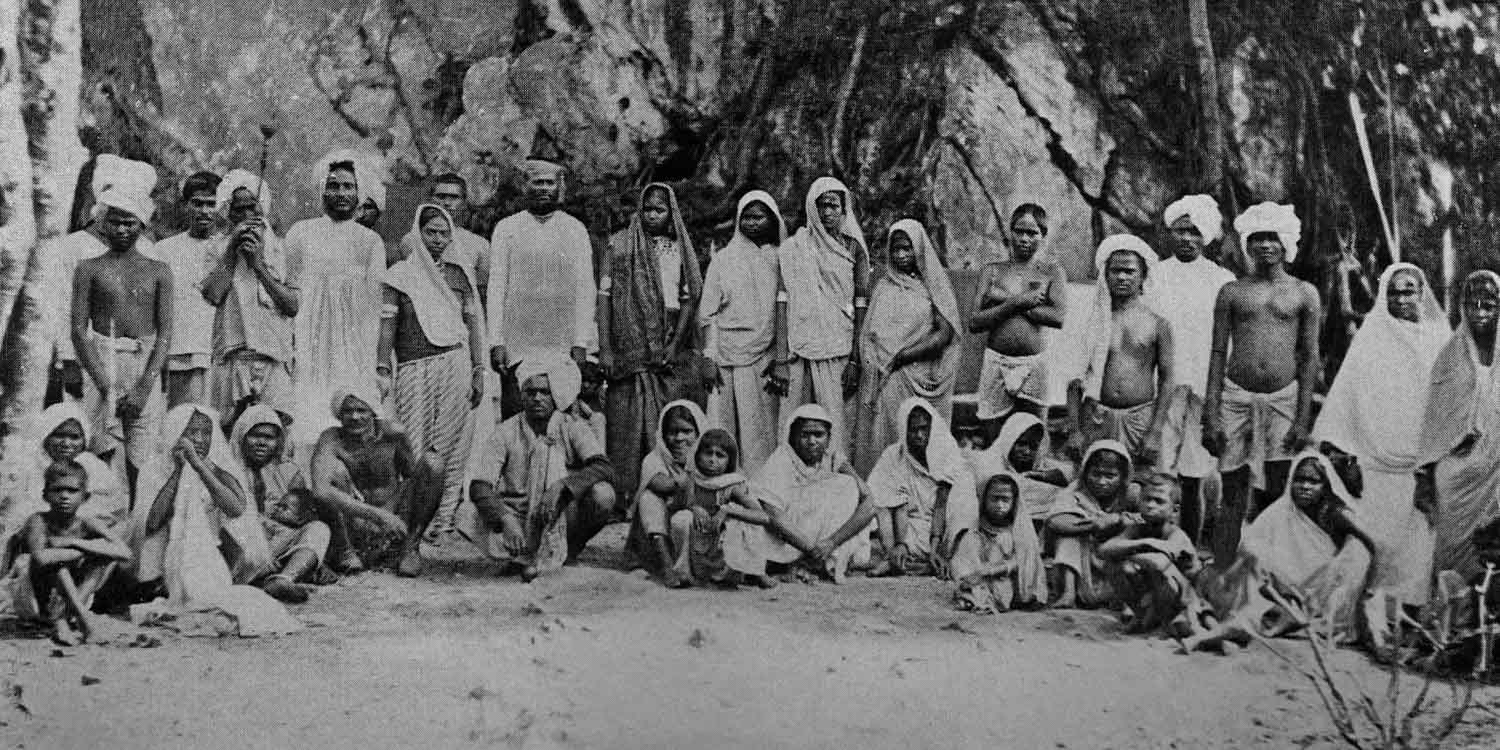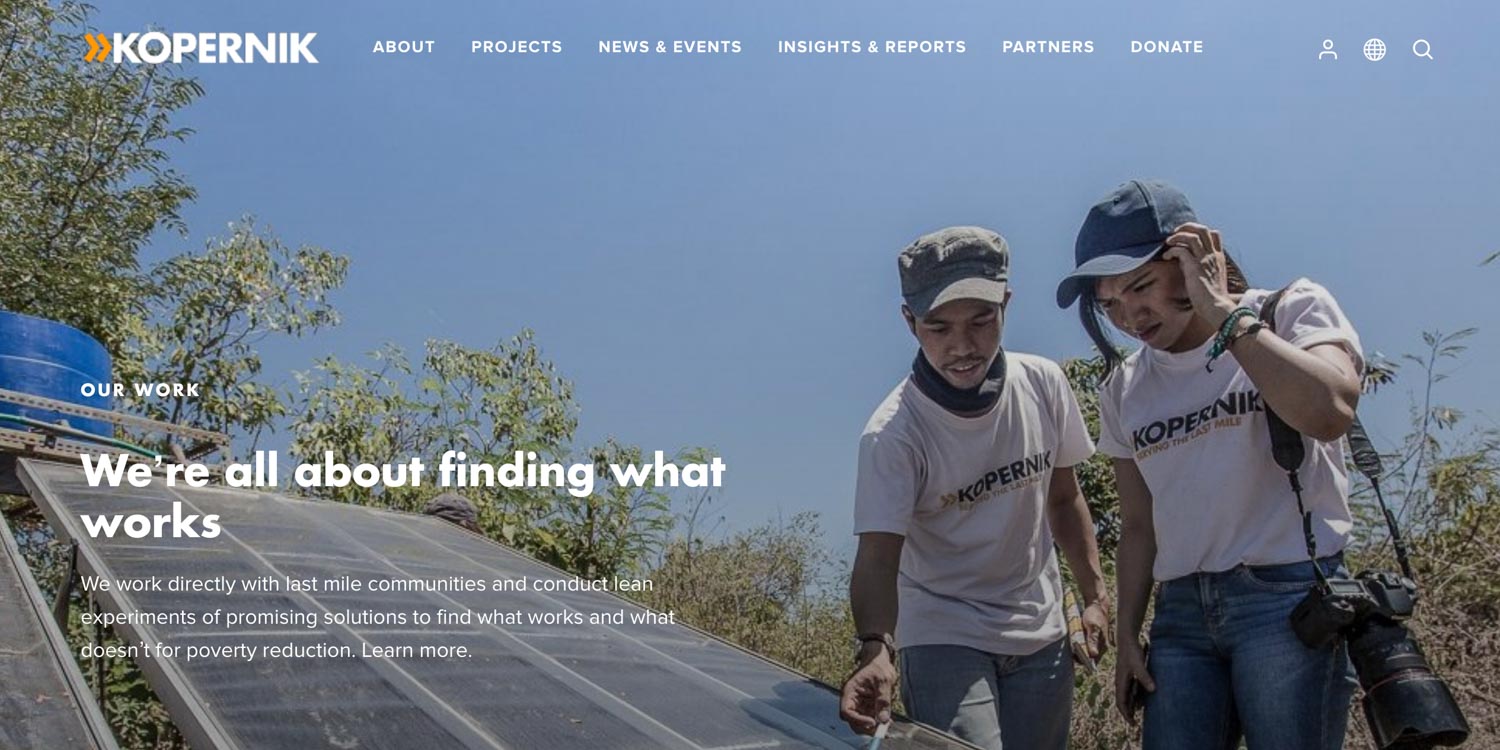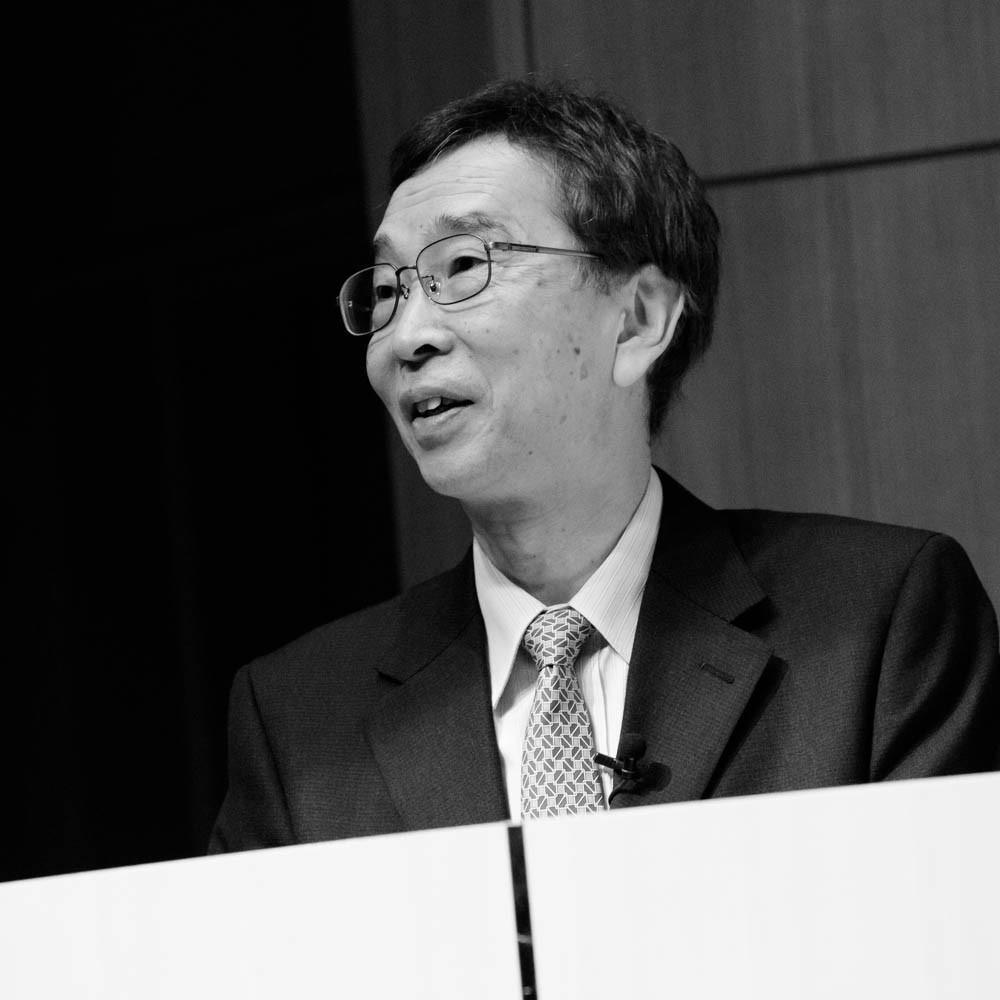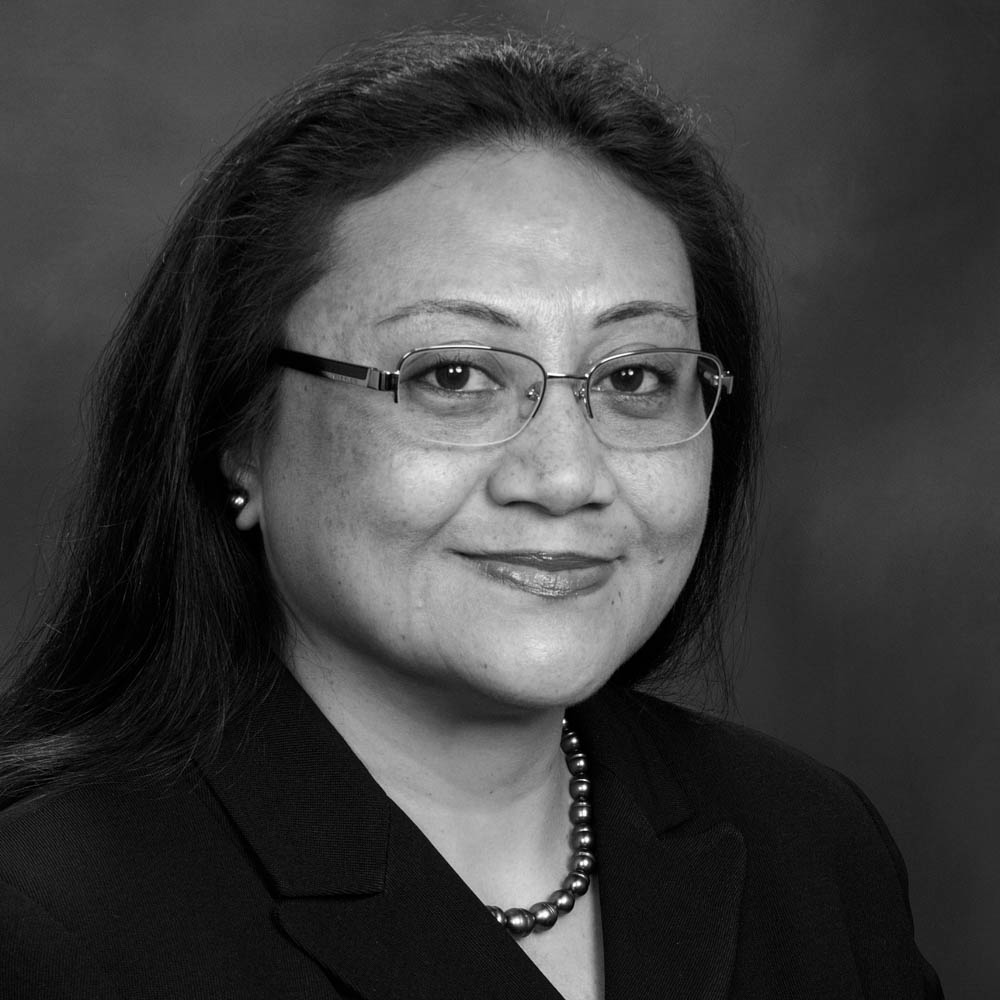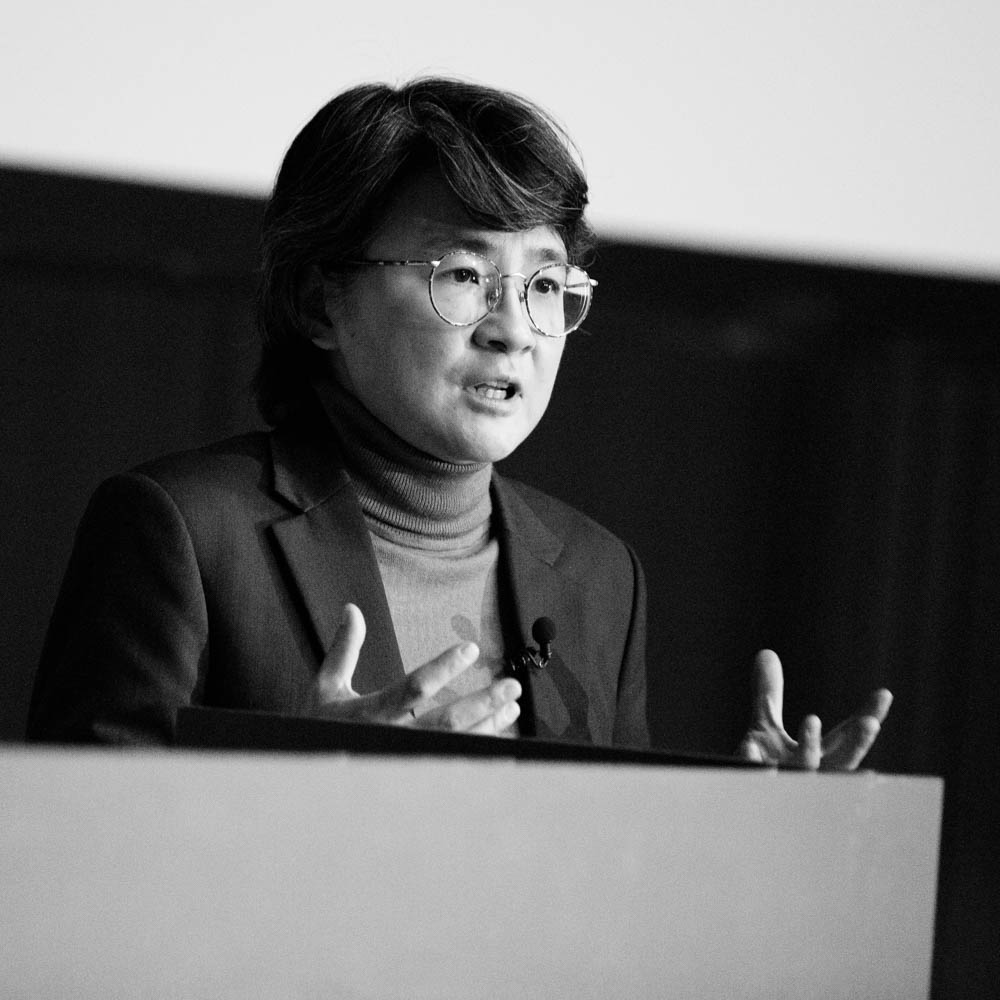Conference Theme: "Independence & Interdependence"
May 20-22, 2019 | Toshi Center, Tokyo, Japan
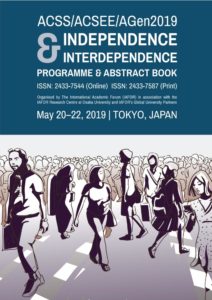 The technological and logistical advances of globalisation have enabled us to become independent and empowered as never before, but at the same time made us more dependent on the very things allowing autonomy. While technologies allow us to communicate with those on the other side of the world, they can also make us detached from those immediately around us, and in some cases alienated, or lonely. And yet this increased interconnectedness offers great opportunities to work together to solve some of the world’s most pressing issues, and reminds us of our responsibilities towards each other. Our independence is contextualised in the relations we enjoy with others; in our families and communities, shared institutions, in our wider societies, geographical and political entities, and finally as a part of the one world we all share.
The technological and logistical advances of globalisation have enabled us to become independent and empowered as never before, but at the same time made us more dependent on the very things allowing autonomy. While technologies allow us to communicate with those on the other side of the world, they can also make us detached from those immediately around us, and in some cases alienated, or lonely. And yet this increased interconnectedness offers great opportunities to work together to solve some of the world’s most pressing issues, and reminds us of our responsibilities towards each other. Our independence is contextualised in the relations we enjoy with others; in our families and communities, shared institutions, in our wider societies, geographical and political entities, and finally as a part of the one world we all share.
The conference theme for ACSS2019 is Independence & Interdependence, and we hope and expect this important thematic lens to encourage wide reflections on the importance and interrelation of such concepts as autonomy and identity, rights and responsibilities, and power and control; and within a variety of contexts from politics and geopolitics to energy, sustainability and the environment; and from education, technology and logistics, to culture and language; from psychology and security, to considerations of equity and justice.
ACSS is organised by IAFOR in association with the IAFOR Research Centre at the Osaka School of International Public Policy (OSIPP) in Osaka University, Japan.
Conference Report
Above left: Dr Eddie Bruce-Jones, of Birkbeck, University of London, UK, gave an interesting Keynote on the history of forced migration, focusing on those brought from South Asia to the Caribbean. Above right: Mr Kotaro Katsuki of the Ministry of Foreign Affairs, who oversees the implementation of the Sustainable Development Goals (SDG) of the Japanese government domestically and internationally, delivered a very insightful Keynote on the country’s early steps to implement the SDG’s as agreed by the international community through the United Nations.
Above left to right: Toshi Nakamura, founder and CEO of Kopernik, an Indonesia-based non-profit, shared the real-world experiences of a development agency and the challenges they face in his presentation. Professor Osamu Arakaki, of International Christian University (ICU), Japan, explained how his university is helping Syrian refugees access education through a scholarship programme. Continuing on the theme of Independence and Interdependence, Lowell Sheppard, of HOPE International, Japan, talked about his experiences leading a development agency in Asia. Dr James W. McNally of the University of Michigan, USA and NACDA Program on Aging, and IAFOR Vice-President (Social Sciences and Sustainability), spoke on the challenges brought on by an aging population, including the importance of respecting the needs of the aging themselves.
Speakers
-
Osamu ArakakiInternational Christian University, Japan
-
Eddie Bruce-JonesBirkbeck College School of Law, University of London, UK
-
Kotaro KatsukiMinistry of Foreign Affairs of Japan
-
Kathryn M. LavenderNational Archive of Computerized Data on Aging (NACDA)
-
James W. McNallyUniversity of Michigan, USA & NACDA Program on Aging
-
Toshi NakamuraCo-Founder & CEO, Kopernik
-
Lowell SheppardHOPE International Development Agency, Japan
Programme
-
Independence and Interdependence: Preliminary Thoughts from the Viewpoint of Japan’s Experience on SDGs ImplementationKeynote Presentation: Kotaro Katsuki
-
South Asian Indenture to Jamaica: Between Law, Literature and Social ScienceKeynote Presentation: Eddie Bruce-Jones
-
Independence and Interdependence – Perspectives from a Development Practitioner Based in IndonesiaKeynote Presentation: Toshi Nakamura
-
What Role Should Japanese Universities Play in the Refugee Crisis?Keynote Presentation: Osamu Arakaki
-
Defining and Measuring Resilience in an Aging WorldFeatured Presentation: James W. McNally
-
Locating Data for Research: Data Collections and Resources for Thesis Writing, Teaching, and Grant Development for the Social Sciences and the EnvironmentFeatured Workshop Presentation: James W McNally & Kathryn Lavender
-
Independence and Interdependence – A Personal PerspectiveFeatured Presentation: Lowell Sheppard
Organising Committee
The Conference Programme Committee is composed of distinguished academics who are experts in their fields. Conference Programme Committee members may also be members of IAFOR's International Academic Board. The Organising Committee is responsible for nominating and vetting Keynote and Featured Speakers; developing the conference programme, including special workshops, panels, targeted sessions, and so forth; event outreach and promotion; recommending and attracting future Conference Programme Committee members; working with IAFOR to select PhD students and early career academics for IAFOR-funded grants and scholarships; and overseeing the reviewing of abstracts submitted to the conference.
ACSS2019 Review Committee
- Dr Biswanath Lahiri, J.J.T. University - Vidyanagari, India
- Dr Heesoon Lee, Bowling Green State University, United States
- Dr Ho Keat Leng, Nanyang Technological University, Singapore
- Dr Iti Roychowdhury, Amity University MP, India
- Dr Junita Batubara, Universitas Hkbp Nommensen, Malaysia
- Dr Masanori Kaneko, Independent Researcher, Japan
- Dr Mohamed Ghanem, Faculty of Law, Tanta University, Egypt
- Dr Noppanun Supasiripongchai, University of Phayao, Thailand
- Professor Padmaja Kamat, PES Shri Ravi Sitaram Naik College of Arts & Science, India
- Dr Selay Ilgaz Sumer, Baskent University, Turkey
- Professor Yi-Ming Yu, National Defense University, Taiwan
IAFOR Research Centre (IRC) – “Innovation and Value Initiative”
The IAFOR Research Centre (IRC) is housed within Osaka University’s School of International Public Policy (OSIPP), and in June 2018 the IRC began an ambitious new “Innovation and Value Initiative”. Officially launched at the United Nations in a special UN-IAFOR Collaborative Session, the initiative seeks to bring together the best in interdisciplinary research around the concept of value, on how value can be recognised, and measured, and how this can help us address issues and solve problems, from the local to the global.
